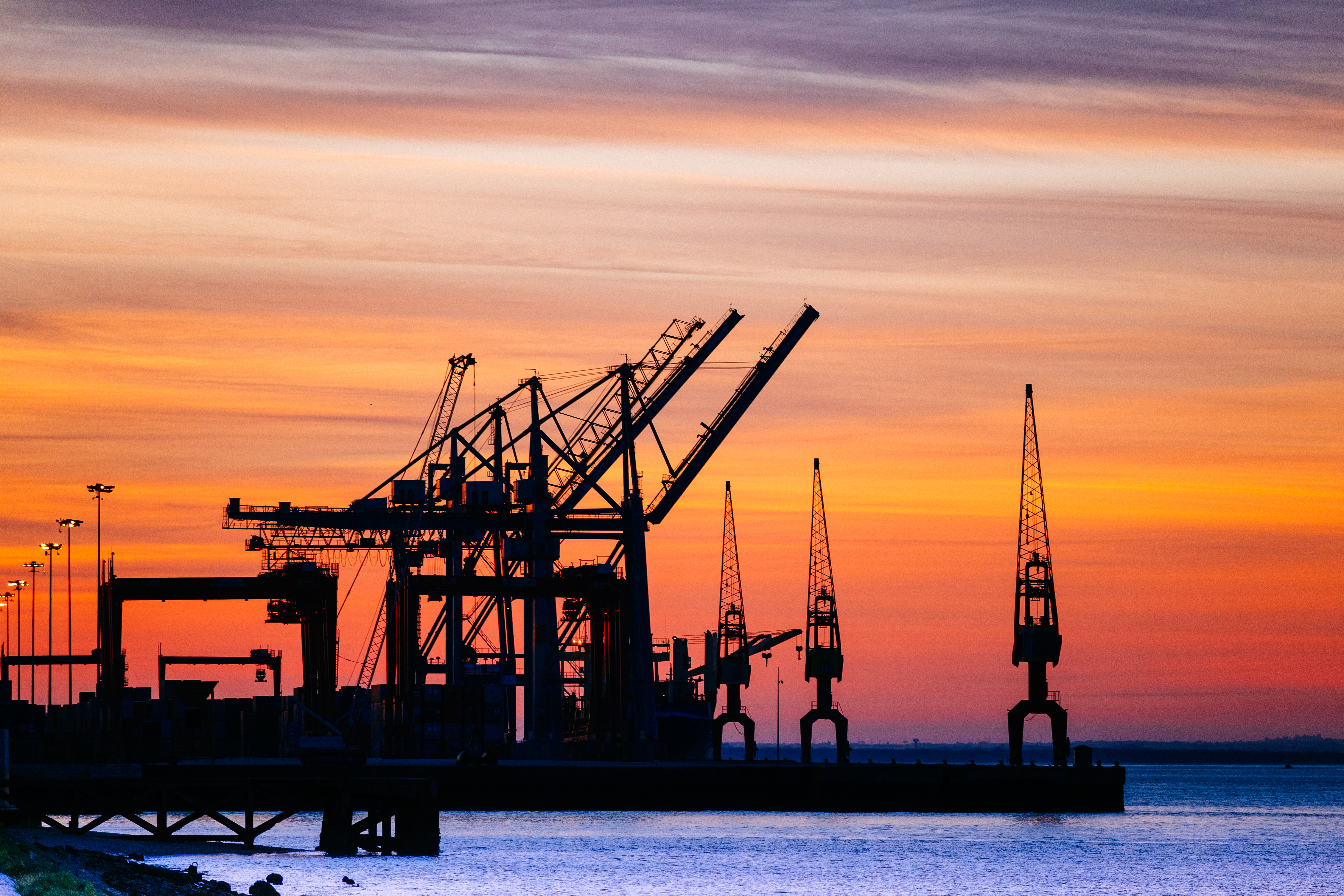China’s top security agency has raised concerns over crypto-related projects collecting biometric data, warning they may threaten national security. A recent MSS bulletin warned that crypto firms trading tokens for iris scans could misuse personal data.
While the agency didn’t explicitly mention Worldcoin, the description aligns with its practice of exchanging tokens for biometric scans in over 160 countries.
Officials described iris recognition as a sensitive form of identification that, once leaked, cannot be changed. The bulletin warned that fake facial data may be used by foreign agencies for espionage and infiltration.
In response to privacy concerns, Ethereum co-founder Vitalik Buterin recently proposed a pluralistic identity system. The concept combines multiple sources of verification rather than relying on a single, centralised ID.
He argued that current models risk eliminating anonymity and may favour wealthy participants in verification systems.
Would you like to learn more about AI, tech and digital diplomacy? If so, ask our Diplo chatbot!



























